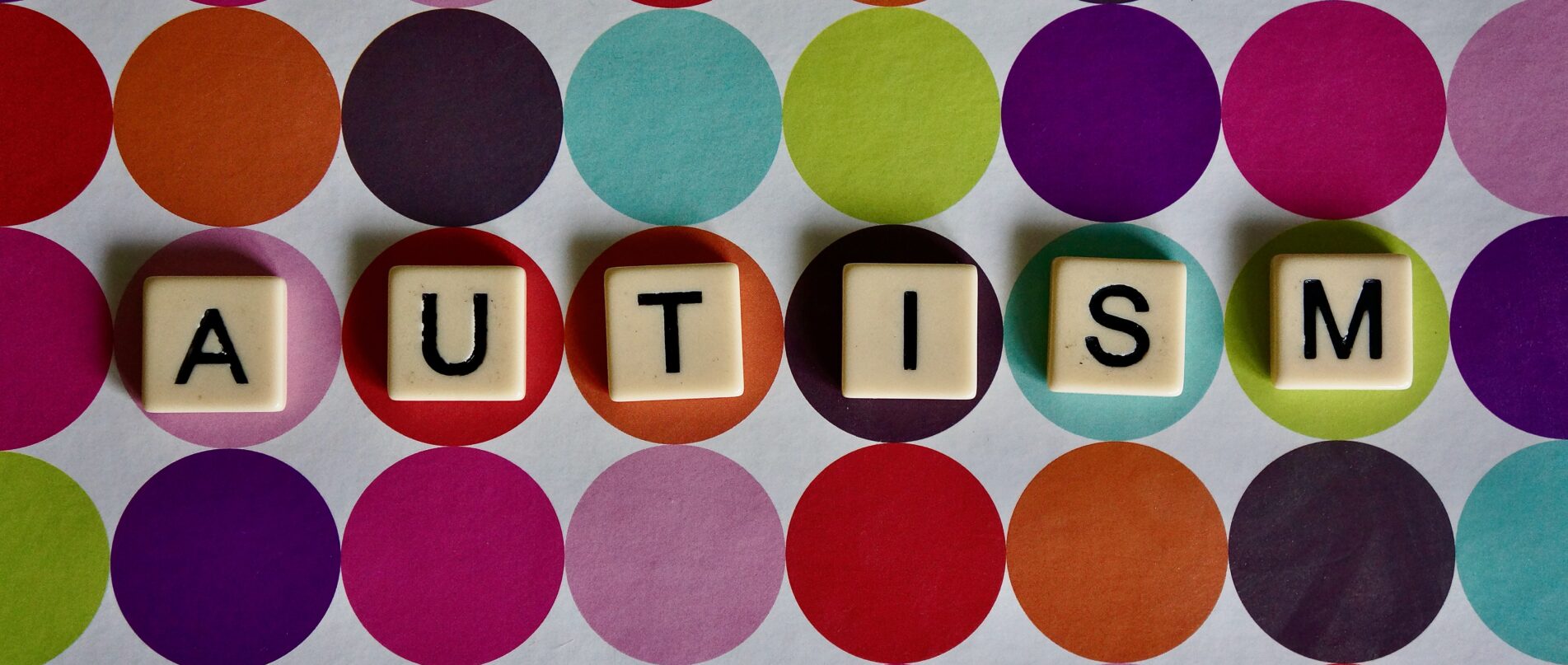
Prompt Images
A Year Full of Aprils: A Mom Reckons with Autism Awareness, Whatever That Means
It’s coming now; I can feel it, so I’m trying to brace myself.
April.
Not because of rain or Aries birthdays. Warmer weather, Easter festivities, baseball, and the promise of summer vacation are all wonderful. What I’m talking about is both good and bad, stressful and not, sort of like the holidays but with allergies.
April is Autism Awareness (or is it acceptance?) Month.
Thirty days of “lighting it up blue,” outdoor fundraisers, and puzzle piece designs on anything you can shake a stick at. But once May Day comes around the corner, it’s over. Except for me, because every month might as well be April around here.
My son, James, has Autism Spectrum Disorder. In the four-and-a-half years since his diagnosis, it’s like I’ve earned a Ph.D in ASD, and I still know nothing. I could walk you through the “before” period, which began with a traumatic birth story and ended in a tearful appointment with a pediatric neurologist. I certainly couldn’t pinpoint the moment when I knew something was wrong, because if I could, I’d be ashamed to say it was too late, or that I was in denial.
We’re already here; looking back is largely fruitless.
Sign into any Facebook group (shudder) or other forum and you’ll see conflict surrounding ASD and its attached month. Some folks stick to “awareness” while others are militantly enforcing “acceptance.” In similar conversations, people find issues with the puzzle piece symbol and therefore find the rainbow infinity sign less problematic. It’s not necessarily “to-may-toe/to-mah-toe” but to be honest, I’ve got bigger things to worry about than what to get screen-printed on my t-shirt.
The thing about being the parent of a child with Autism is, you’re a lot. Not just your child, but you, your partner, and any other children who comprise your family. We are A LOT and to some, we are even too much.
You might see us walking up and down the aisles of the grocery store: 1-year-old Cait in the top seat, 3-year-old Kenna sitting in the basket, James pushing the cart with me, and our groceries going… wherever I can manage to fit them. As we roll along, I need to keep James close by. He will flap, jump up and down, spin mid-walk (not unlike the Sharks in the opening of West Side Story), and randomly try to lick things. And that’s a good day.
In another instance, I could be searching for my husband’s coffee creamer, and an overstimulated James might attempt to undress in the dairy section. His sister could make a simple observation (“Wook at THIS! A balloon!”) and James, irritated by her very presence, could walk around the cart to squeeze her until she shrieks just as I’m reaching for something off a high shelf. Checkout might seem like the finish line, but it’s just another obstacle: can I keep him from walking over to other people (not giving personal space, touching their carts, etc.)? Will I be able to rip the bag of Cool Ranch from his hands long enough to scan its barcode? Or will he cause a scene? By the time I’ve paid and gotten my children and bags secured, I need a second. The walk to return the cart might be the closest I get to this elusive “me time” I keep hearing about.
If there is an event we must attend (a religious ceremony, a graduation, a recital) we’ll be in the back, one eye on the primary exit with an Escape Plan B and C. In my bag are charged devices, snacks, changes of clothes, and WIPES. In spite of this Girl Scout-like mentality, things often fall apart. A sound, a smell, even a question from a relative looking to engage (“How is school, James?”) could set my son in motion, for better or worse.
At best, we could get a giggly, loud response. At worst, the word “school” could set off a trigger.
James might be thinking “Wait, it’s not a school day and therefore I am not going to school and I don’t even want to hear about school” but instead it spews out as “NO SCHOOL!” and there is shouting, hitting, even running away. It’s likely he’ll repeat “No school” for a good portion, if not the entire occasion, just so that we don’t get any ideas.
Having a snow day, taking medication, trying a new restaurant, going to a theme park all have the potential for disaster. It’s enough to make even the most positive, determined caregivers feel defeated. Awareness has grown to the point that museums offer special tours and recreational places offer sensory spaces for families affected with ASD, all of which are appreciated, but not all are created equal. And that is not because these businesses aren’t trying, but there’s more to learn. The key letter in ASD is S for spectrum: there is a range of abilities within the same wide-reaching diagnosis. Or to put it bluntly: Greta Thunberg and James have the same diagnosis, but with all due respect to my son, that is like apples to airplanes.
Do you know how often people ask me if I’ve watched The Good Doctor?
I have not, but that probably has more to do with the fact that I’m a prestige television snob and care less about the subject matter. But this brings up a frequent exchange: when people hear my son has Autism, they might know a little (“Does your son like TRAINS?”) but they want to know more (“So where is he exactly on the spectrum?”).
People also take the opportunity to ask if I’ve thought about X, Y, and Z. Here are some rapid-fire answers: No, I didn’t know that so-and-so’s second cousin has Autism and just graduated from law school; yes, of course we’ve considered changing his diet, but when your kid eats about six things, going Keto doesn’t necessarily apply; no he’s not into trains; yes he is verbal, but there are limitations. I’m happy to answer questions, but it wears on my husband and I when we feel like people are poking holes: why haven’t you done this versus that? or don’t you know this is available?
When you’re working, commuting, raising two other children and just getting my son to put his shoes on independently is an Olympic feat, the growing list of items becomes overwhelming.
If someone spends time, even a few hours with James, they’ll learn far more about ASD than they will from a TV show or an Instagram caption.
I wish people were more aware of the isolation. You become desperate for connection, especially during the dark years from COVID-19 restrictions. April, in that sense, is a glimmer of hope; it’s the opportunity to get out in the world and be around people with perhaps a little less anxiety about your child being accepted because, at the very least, people are “aware”… at least for the next 30 days.
My life has become a contradiction: I need to always have a plan but be prepared for none of that plan (or its backups) to come to fruition. So no, I don’t have big plans for April this year, but I’m open to what comes our way, and I’ll take my lead from James. I’m aware of my son’s disability every single day. Acceptance is more like a daily meditation: I try so hard to understand and reach my son, and of course, accept him for exactly who he is and not who I thought he’d be. Some days, like today, are easier than others. I am typing this as I stand at the kitchen counter, my son is coexisting with his little sisters on the same floor of our house. Nothing has been broken, everyone is fed, everyone is happily occupied. Of course, this could all change in the next five minutes, and I could end the day having failed. But tomorrow is another day.



